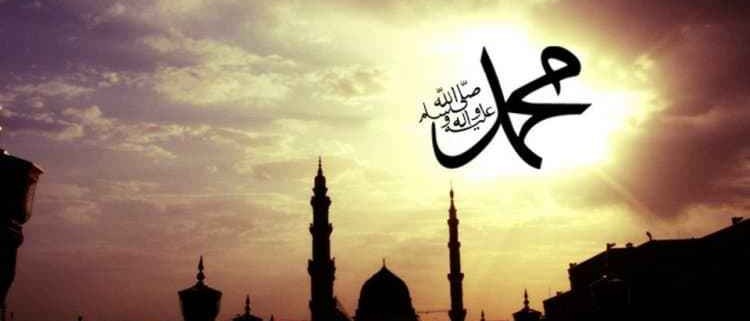
Hazrat Muhammad (PBUH) is the final Prophet of Islam, sent as a mercy to mankind. His life serves as a beacon of guidance, wisdom, and moral excellence for all humanity. He was born in the city of Makkah in 570 CE and grew up to become the most revered personality in Islamic history. His message of monotheism, justice, and compassion transformed the Arabian Peninsula and laid the foundation for a universal faith.
Hazrat Muhammad (PBUH) was born in the noble tribe of Quraysh, in the Hashimite clan. His father, Abdullah, passed away before his birth, and his mother, Amina, also passed away when he was six years old. He was then raised by his grandfather, Abdul Muttalib, and later by his uncle, Abu Talib. From an early age, he was known for his honesty and integrity, earning him the title Al-Sadiq (the Truthful) and Al-Ameen (the Trustworthy).
Prophethood and the First Revelation
At the age of 40, Hazrat Muhammad (PBUH) received his first revelation from Allah (SWT) through Angel Jibreel (Gabriel) in the Cave of Hira. The first revealed verses were from Surah Al-Alaq:
“Read in the name of your Lord who created. Created man from a clot. Read, and your Lord is the Most Generous, Who taught by the pen, taught man that which he knew not.” (Quran 96:1-5)
This marked the beginning of his mission as the Prophet of Islam.
Challenges and Struggles in Makkah
For 13 years, Prophet Muhammad (PBUH) preached the message of Islam in Makkah, calling people towards Tawheed (Oneness of Allah) and righteousness. However, the leaders of the Quraysh opposed him fiercely, subjecting him and his followers to persecution. Despite the hardships, he remained steadfast in spreading the message of Islam.
Migration to Madinah (Hijrah)
Due to increasing oppression, Prophet Muhammad (PBUH) and his followers migrated to Madinah in 622 CE. This event, known as the Hijrah, marked the beginning of the Islamic calendar. In Madinah, the Prophet established a strong and just Islamic state, uniting the Muslims and non-Muslims under the Constitution of Madinah.
Battles and Establishment of Islam
During his time in Madinah, Prophet Muhammad (PBUH) and his companions faced numerous challenges, including battles against the Quraysh. Some of the most significant battles were:
- Battle of Badr (624 CE): A miraculous victory for the Muslims despite being outnumbered.
- Battle of Uhud (625 CE): A lesson in patience and obedience.
- Battle of the Trench (627 CE): A strategic defense against the Quraysh.
- Conquest of Makkah (630 CE): A peaceful victory where the Prophet forgave his enemies, demonstrating unparalleled mercy.
The Final Sermon and Passing Away
In the year 632 CE, during his last pilgrimage, Prophet Muhammad (PBUH) delivered his Farewell Sermon at Arafat. He emphasized equality, human rights, and the importance of following the Quran and Sunnah. Shortly after, he fell ill and passed away in Madinah at the age of 63.
Legacy of Hazrat Muhammad (PBUH)
Prophet Muhammad (PBUH) left behind a profound impact on the world. His teachings continue to guide millions of Muslims globally. His life is a perfect example of patience, leadership, and compassion. By following his Sunnah, believers can attain success in this life and the Hereafter.
May Allah grant us the ability to follow the noble teachings of Prophet Muhammad (PBUH) and live our lives in accordance with Islam. Ameen.


0 Comments